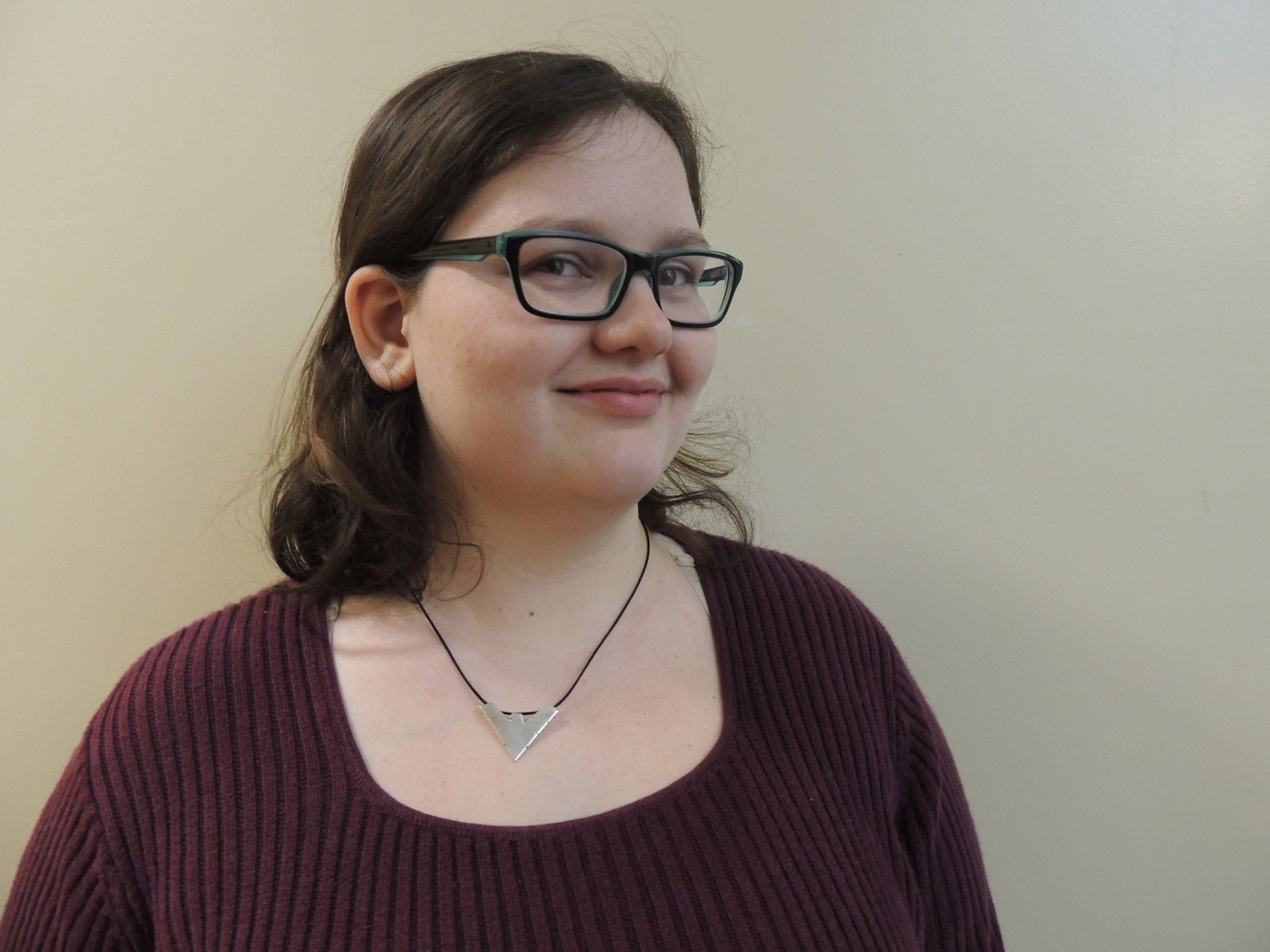By Brianna Kurzynowski | gargoyle@flagler.edu
Facebook, Snapchat and Instagram are vital sources of information for today’s millennials.
In fact, about a third of 18- to 29-year-olds say social networking sites are the most helpful source of information about the upcoming presidential election, the Pew Research Center reported on Feb. 4.
But whether young people will vote or not is an open question. Many young people have no interest in the candidates.
“The younger generation is not engaged in politics,” said Will Miller, director of Institutional Analytics, Effectiveness and Planning at Flagler College.
There are exceptions. Sen. Bernie Sanders, a left-leaning Democrat from Vermont, has attracted many young followers. His stinging criticism of government and corporations has resonated with many millennials whose families struggled through the recession of 2008-2009 when millions of Americans lost their jobs and their homes.

Victoria Nolen
Victoria Nolen, 20, a junior at Flagler College, is among those who supports Sanders.
She said she hasn’t relied on her parents to guide her political views.
“My mom was the one who asked me who I was voting for and who she should vote for in the election,” Nolen said.
“I research things when I feel the need to. I know a lot of people who just follow their parents, but others who research and go their own way.”

Michaela Reilly
Michaela Reilly, 21, is a junior at Flagler College. She complained about what she described as the “corrupt and convoluted practices” she sees in American politics today.
“I use to agree with what my father said about politics, but as I’ve grow older I have gone my own way.”
Miller isn’t surprised.
“Ten years ago I would say students were voting for the same candidate as their parents,” he said.
Indeed, a 2005 Gallup poll reported that 71 percent of teen-agers said their social and political ideology was about the same as mom and dads.
“Now,” Miller said, “their parents’ influence doesn’t matter.”
Miller teaches political science classes at Flagler. He describes younger voters as “single issue voters who vote for whoever personifies that specific issue.”
And many politicians pay little attention to younger voters, he said.
“Eighteen- to 25-year-olds are not concerned with politics so the candidates are not concerned with them,” he said. “There are students who think their vote does not count and there are others who vote to complete their civic duty.”
Miller added that people under the age of 30 are socially and economically more liberal than older generations. But their views change “once they get their first job and have to pay taxes,” and get married and buy their first house.
As of Feb. 1, there were 162,814 registered voters in St. Johns County. Of those, 16,661 were aged 18 to 25, according to the Supervisor of Elections.
But young people are less likely to go to the polls than older voters.
Nationwide, overall voter turnout in the 2012 general election was 52.5 percent, but only 42.7 percent of voters aged 18 to 34 voted.
In June 2015, Ipsos Public Affairs predicted that voter turnout will be even lower this time around: 52.5 overall and 43.1 percent for voters aged 18 to 34.
The 2016 election has attracted interest at Flagler.

Courtney Fisher
“I have realized my voice matters since I have started college,” said Courtney Fisher, 21, a junior. “When I turned 18 in high school, I did not really care to vote, but now I know my vote matters.”

Kierra Wilson
“I’ve noticed in the past couple of years politics have started to become more important to my peers,” Kierra Wilson, a 19-year-old sophomore at Flagler. “My peers were not passionate until we started college.”
But she’s not swayed. She said she has never followed politics and is not voting in the 2016 election.




Be the first to comment on "Millennials and politics don’t always mix"